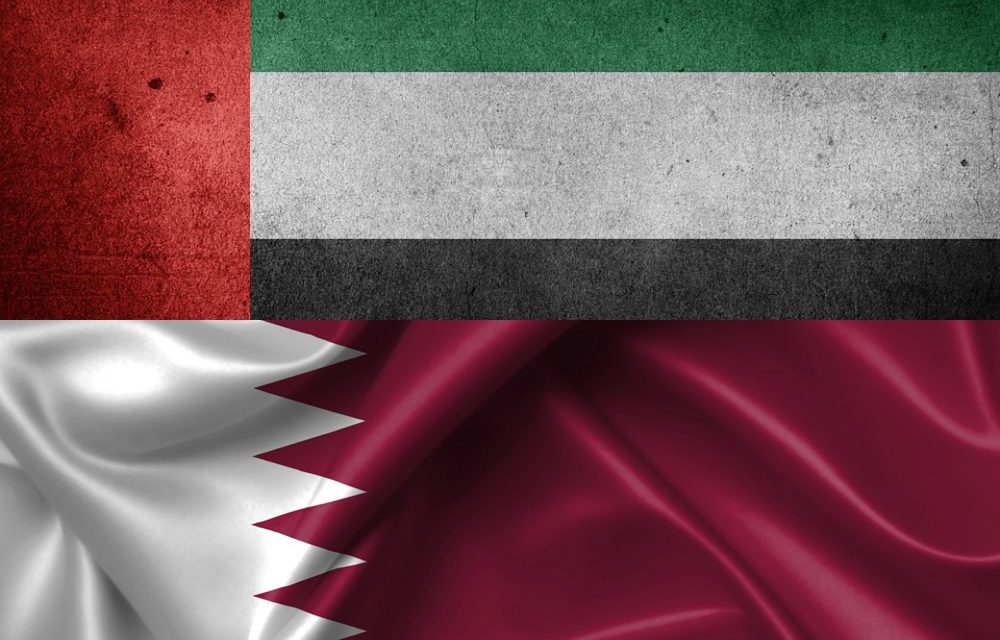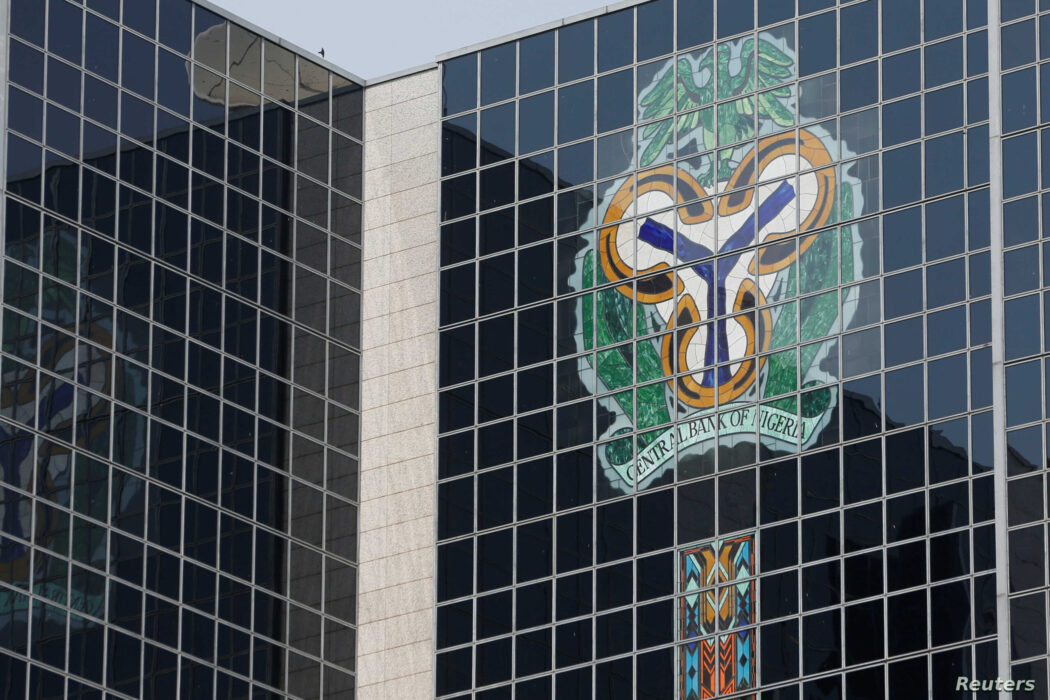President Bola Tinubu has rejigged the nation’s security structure with the immediate retirement of all the service chiefs and the Inspector-General of Police, Usman Baba. Special advisers and the Comptroller-General of the Nigeria Customs Service were not left out of the wholelsome change either.
According to a statement by the Director of Information, Office of the Secretary to the Government of the Federation, Willie Bassey, a former Theatre Commander, Operation Hadin Kai, Major General Christopher Musa, has replaced General Lucky Irabor as the Chief of Defence Staff.
Similarly, Major General Taoreed Lagbaja is now the Chief of Army Staff. He replaced Lieutenant General Farouk Yahaya.
Air Vice Marshal H.B Abubakar was appointed as the Chief of Air Staff in place of Air Marshal Oludayo Amao and Rear Admiral E. A Ogalla will take over from Vice Admiral Awwal Gambo as the Chief of Naval Staff.
Buhari appointed Irabor, Amao, Gambo and the late Chief of Army Staff, Ibrahim Attahiru on January 26, 2021. Attahiru, who died in a plane crash, was replaced by Yahaya who was appointed on May 27, 2021.
Also, Deputy Inspector-General of Police Kayode Egbetokun has been appointed as the acting IG while Major General EPA Undiandeye is the acting Chief of Defence Intelligence.
Mallam Nuhu Ribadu, who was appointed last week as the Security Adviser to the President, has been elevated as the National Security Adviser. He replaced Major General Babagana Monguno (retd.) who was appointed in July 2015 by former President Muhammadu Buhari.
The President also approved Col. Adebisi Onasanya as the Brigade of Guards Commander; Lt. Col. Moshood Abiodun Yusuf, Commander, 7 Guards Battalion, Asokoro, Abuja and Lt. Col. Auwalu Baba Inuwa, Commander, 177, Guards Battalion, Keffi, Nasarawa State.
Others are Lt. Col. Mohammed J. Abdulkarim as Commander, 102 Guards Battalion, Suleja, Niger State and Lt. Col. Olumide A. Akingbesote as Commander, 176 Guards Battalion, Gwagwalada, Abuja.
Similarly, the President approved the appointments of other Military Officers in the Presidential Villa.
They include Major Isa Farouk Audu (N/14695) Commanding Officer State House Artillery; Capt. Kazeem Olalekan Sunmonu (N/16183) Second-in-Command, State House Artillery; Maj. Kamaru Koyejo Hamzat (N/14656) Commanding Officer, State House Military Intelligence; Maj. TS Adeola (N/12860) Commanding Officer, State House Armament, and Lt. A. Aminu (N/18578) Second-in- Command, State House Armament.
Also, Adeniyi Adewale was appointed as the acting Comptroller General of Customs.
He was appointed in place of the former CG, Hamid Ali.
The statement read, ‘’The President has also approved the appointments of two additional special advisers and two senior assistants, namely: Hadiza Bala Usman Special Adviser, Policy Coordination; Hannatu Musa Musawa Special Adviser, Culture and Entertainment Economy; Senator Abdullahi Abubakar Gumel Senior Special Assistant, National Assembly Matters (Senate) and Hon. (Barr) Olarewaju Kunle Ibrahim Senior Special Assistant, National Assembly Matters (House of Representatives).
“It is to be noted that the approved service chiefs, the Inspector-General of Police and the Comptroller-General of Customs are to act in their positions, pending their confirmation in accordance with the Constitution of the Federal Republic of Nigeria.’’











